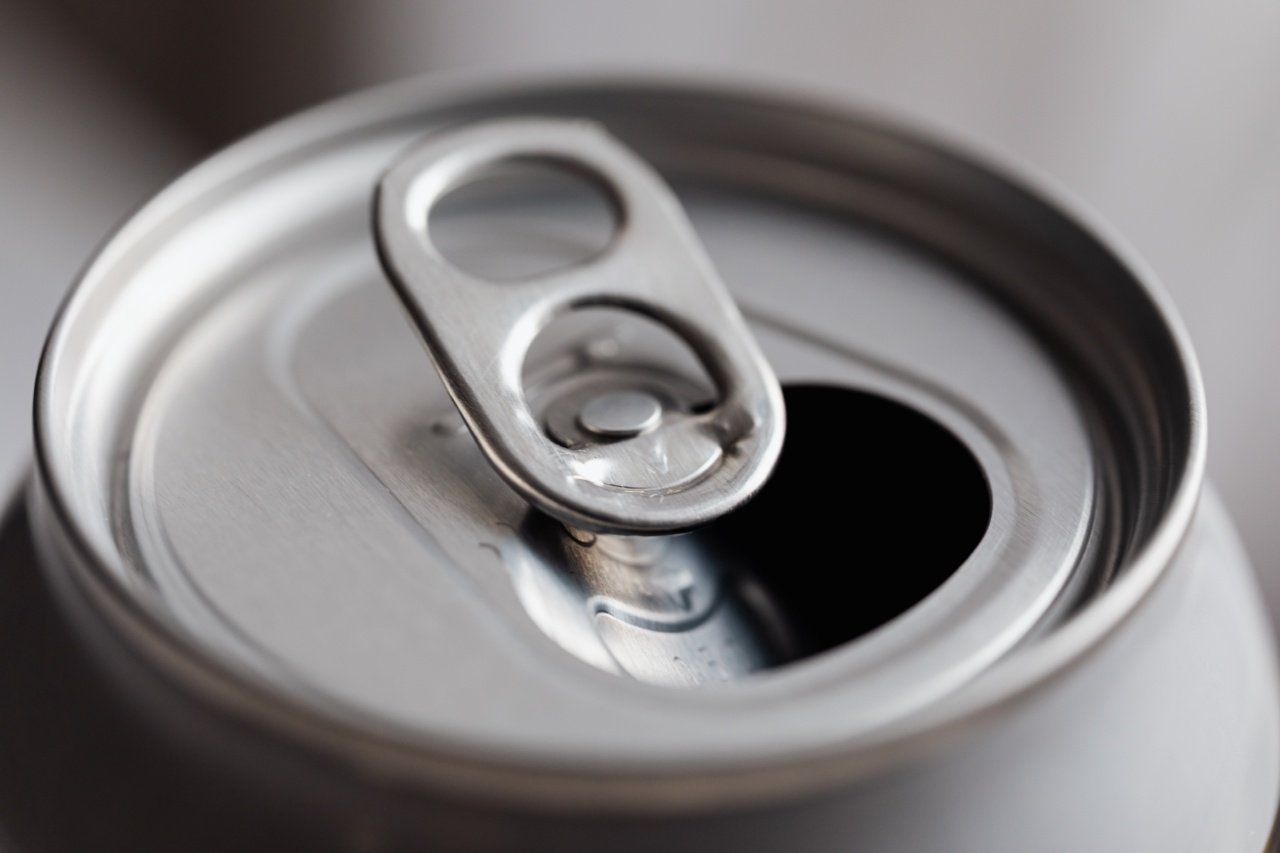Soft drinks have become a popular choice for quenching thirst and satisfying cravings, but their excessive consumption has led to a widespread concern – obesity.
With rising obesity rates, there is a growing need to find healthier alternatives to these sugary beverages. One such contender is water. In this article, we will explore whether water can replace soft drinks and help combat the obesity epidemic.
The Soft Drink Epidemic
Soft drinks, also referred to as soda or carbonated beverages, have gained immense popularity over the years. They are widely consumed, especially among young individuals, and have become a regular part of their daily lives.
Unfortunately, soft drinks are often loaded with high amounts of added sugars, artificial sweeteners, and empty calories.
This excessive consumption of soft drinks has contributed significantly to the rise of obesity rates globally. According to the World Health Organization (WHO), obesity has tripled since the 1970s, making it a major public health concern.
Regular intake of soft drinks is not only associated with weight gain but also with an increased risk of various health issues such as diabetes, heart disease, and dental problems.
The Role of Water
Water is a fundamental element for supporting life and crucial for our overall well-being. It plays various roles in our body, including regulating temperature, aiding digestion, transporting nutrients, and flushing out toxins.
Unlike soft drinks, water has zero calories, no added sugars, and is completely natural.
Drinking an adequate amount of water is essential for maintaining a healthy weight. It helps to increase satiety, reducing the likelihood of overeating or feeling hungry between meals.
Water also helps with the breakdown and absorption of nutrients, promoting a healthier metabolism.
Replacing Soft Drinks with Water
One of the most effective strategies to reduce soft drink consumption and combat obesity is by replacing these sugary beverages with water. The benefits of this switch are numerous, and the following sections will explore some of the key advantages.
Hydration without Unwanted Calories
Soft drinks provide a temporary sensation of quenching thirst, but the reality is that they often leave individuals more dehydrated due to their diuretic properties. Water, on the other hand, is the best natural source of hydration.
It is readily available, free of cost, and does not contain any calories or additives.
By choosing water over soft drinks, individuals can stay well-hydrated without consuming unwanted calories. This simple switch can make a significant difference in weight management and overall health.
Improved Weight Management
Obesity is primarily caused by consuming more calories than the body needs, leading to weight gain. Soft drinks are one of the major contributors to excessive calorie intake.
They are often consumed mindlessly and in large quantities, leading to a surplus of empty calories.
Water can help individuals achieve better weight management by reducing their overall calorie intake. By replacing soft drinks with water, individuals reduce the consumption of empty calories and sugary content, leading to a calorie deficit.
Over time, this can contribute to weight loss and the prevention of obesity.
Promoting a Healthier Metabolism
Water plays a vital role in various metabolic processes in our body. Adequate hydration is necessary for the efficient breakdown and absorption of nutrients.
When the body is well-hydrated, it can metabolize carbohydrates, proteins, and fats more effectively.
On the other hand, the excessive consumption of soft drinks, high in added sugars, can disrupt the body’s metabolic processes.
Regularly consuming sugar-filled drinks can lead to insulin resistance, a precursor to developing diabetes and other metabolic disorders.
By opting for water instead of soft drinks, individuals provide their bodies with a healthier environment to support optimal metabolic function. This can have a positive impact on weight management and overall health.
Reducing Sugar Intake and Cravings
Soft drinks are notorious for their high sugar content, contributing to excessive sugar intake. The addictive nature of sugar makes it difficult for individuals to resist cravings, leading to frequent consumption of these unhealthy beverages.
Water, devoid of any added sugars or sweeteners, can help individuals break away from their sugar addiction. By replacing soft drinks with water, individuals gradually reduce their cravings for sweet beverages.
Over time, taste buds adapt, and preference for sugary drinks diminishes.
Reducing sugar intake not only aids in combating obesity but also helps prevent dental issues, improves skin health, and reduces the risk of diabetes and other chronic diseases.
Cost-Effectiveness and Accessibility
In many parts of the world, soft drinks come at a cost. When consumed frequently, the expenses can add up significantly. On the other hand, water is often readily available and comes at little to no cost.
Access to clean drinking water is a fundamental human right, and utilizing it as a primary source for hydration can save individuals money while promoting a healthy lifestyle.
Environmental Benefits
Soft drink consumption not only affects individual health but also impacts the environment. The production and disposal of plastic bottles, aluminum cans, and other packaging materials contribute to environmental pollution.
By replacing soft drinks with water, individuals can significantly reduce their carbon footprint. Water has a minimal environmental impact compared to the production, transportation, and disposal of soft drink containers.
Conclusion
Soft drinks have become a leading cause of the obesity epidemic. Their excessive sugar content and empty calories contribute to weight gain, chronic diseases, and other health issues.
Water, a zero-calorie and natural alternative, can be a simple yet effective solution to combat obesity and promote a healthier lifestyle.
By replacing soft drinks with water, individuals can reduce their calorie intake, stay well-hydrated, enhance metabolism, and reduce sugar cravings.
Additionally, the cost-effectiveness, accessibility, and environmental benefits associated with water make it an ideal choice for all.































